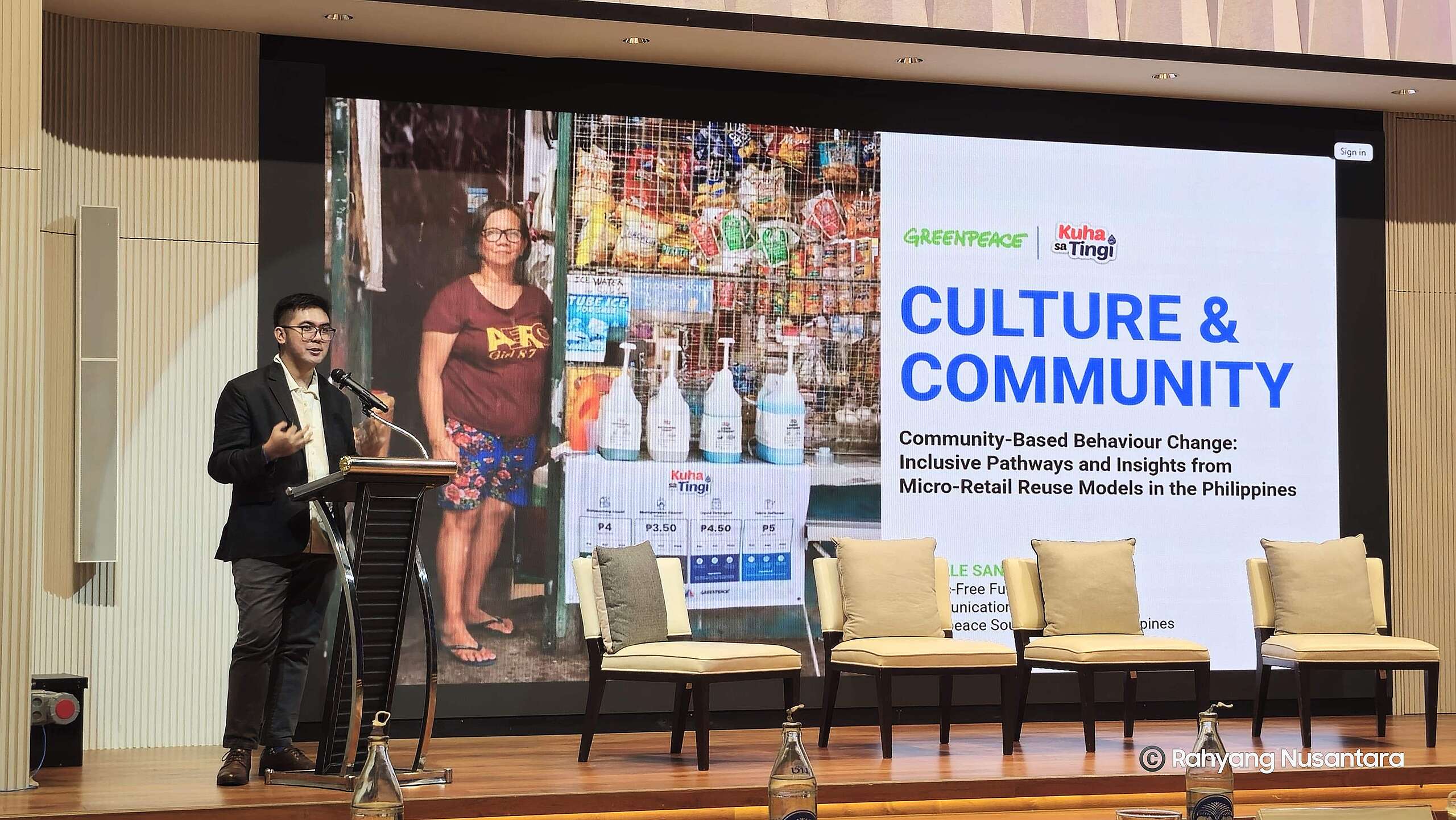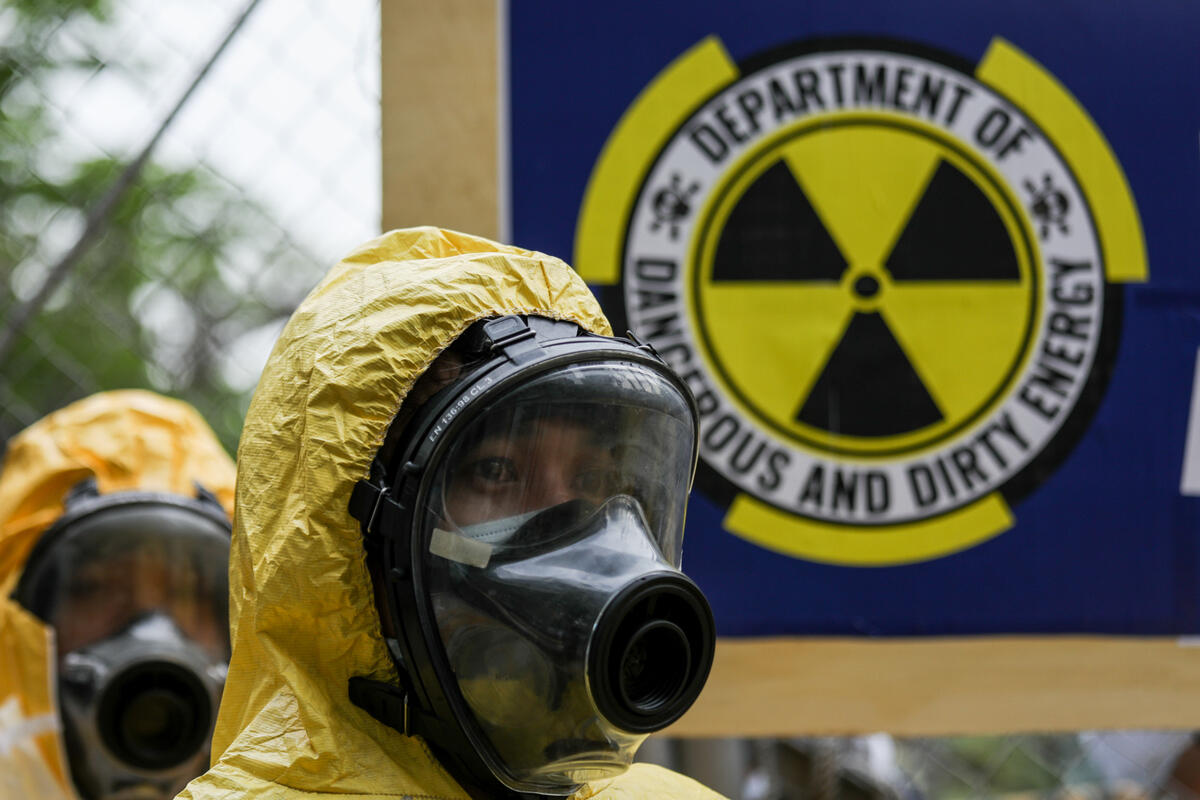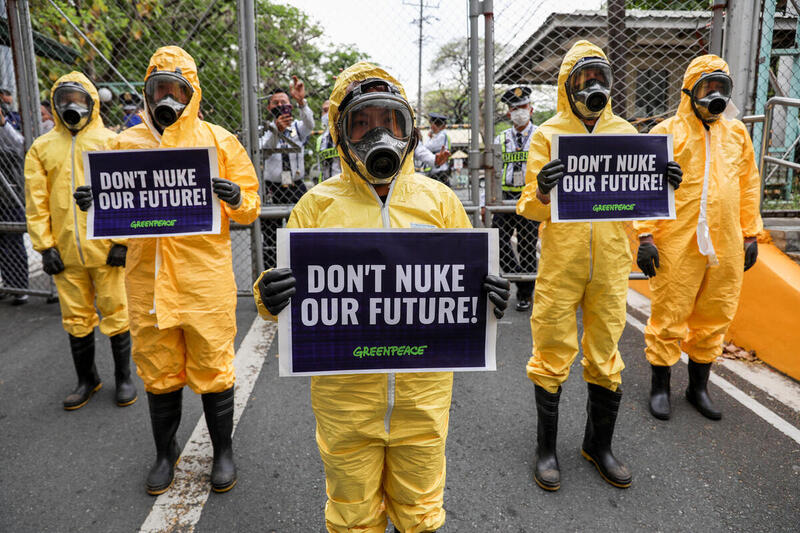Christmas is a long-awaited holiday filled with presents, home-cooked goodness, and yuletide cheers. It is also the only time of the year when a family produces more waste because of decorating, shopping, gift giving, and sharing food to friends, neighbors, and other family members. Thankfully, there are a lot of bad choices we can collectively avoid, to ensure that we are more eco-friendly during the holidays. Here are some tips to turn the season into the greenest one yet!
Say no to glitters
A lot of our annual Christmas decorations tend to be peppered with glitter. These microplastics could end up getting ingested, or simply end up harming the environment. They are also too small to recycle. And because they don’t break down, they end up clogging drains or are washed away into local water systems, where they absorb chemicals and other pollutants. They’re so bad for the environment that scientists all over the world are calling for the complete banning of the product. So, if you’re shopping for decorations or helping choose which to buy, avoid purchasing items with glitters.
Switch to LED lights
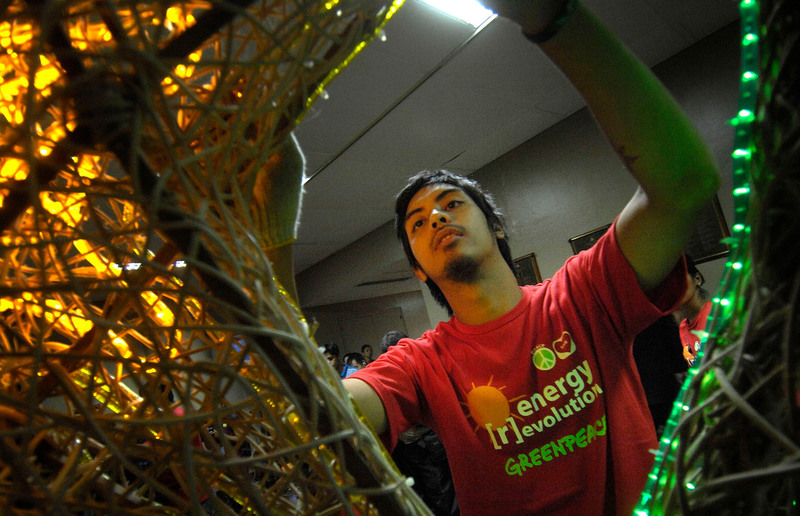
A lot of families tend to reuse their old, incandescent Christmas lights or buy the same type of lights as the ones they have used previously. For this year, consider switching to LED Christmas lights instead. Not only are they safer in terms of use and handling, but they are also more energy-efficient and produce brighter lights compared to older models. And, because they last for so long, it’s easy to say that LED lights are the truly sustainable option when it comes to lighting up your Christmas tree.
Gift reusable items
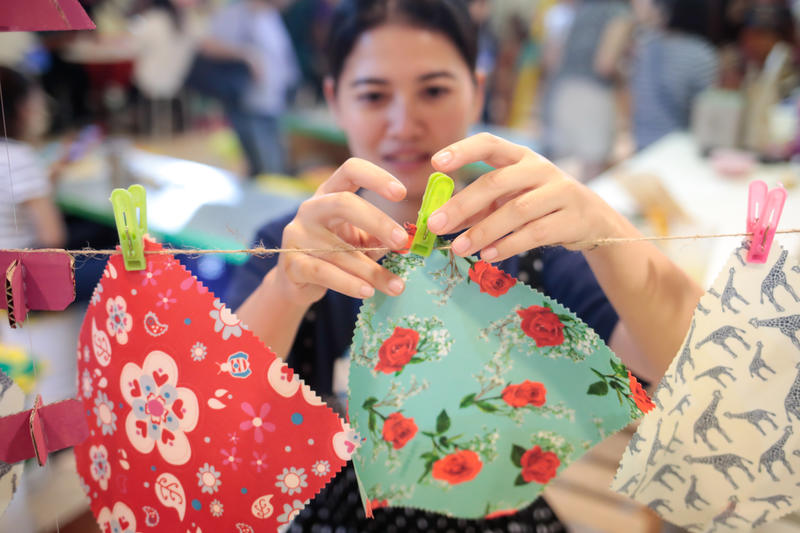
When thinking about gifts, think about how often the item will get used before the recipient throws it away. This is why a lot of people opt for stuff like clothing or other apparel for gifts. The longevity of presents ultimately reduces the amount of waste that ends up in landfills. So, this Christmas, give something that’s widely reusable or a gift that can replace single-use plastics: like a sturdy, reusable water bottle, travel utensils, reusable straws, or accessories made out of recycled materials.
Use reusable or recycled gift wrappers
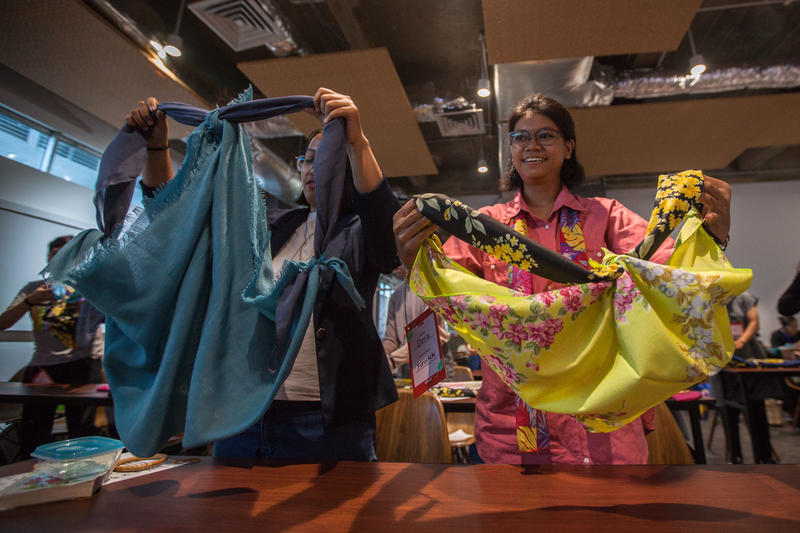
Gift wrappers are often the culprit that fills up our waste baskets the morning after Christmas. They may be customary, but at times highly unnecessary. Thankfully, there are a lot of greener options to the usual bright-colored and Christmas-themed printed gift wrappers. People can use draw string-style cloth bags for soft gifts like clothes. For boxes, people can purchase recycled paper instead or use cloth to wrap gifts the same way the Japanese wrap their bento boxes.
Avoid single-use plastics
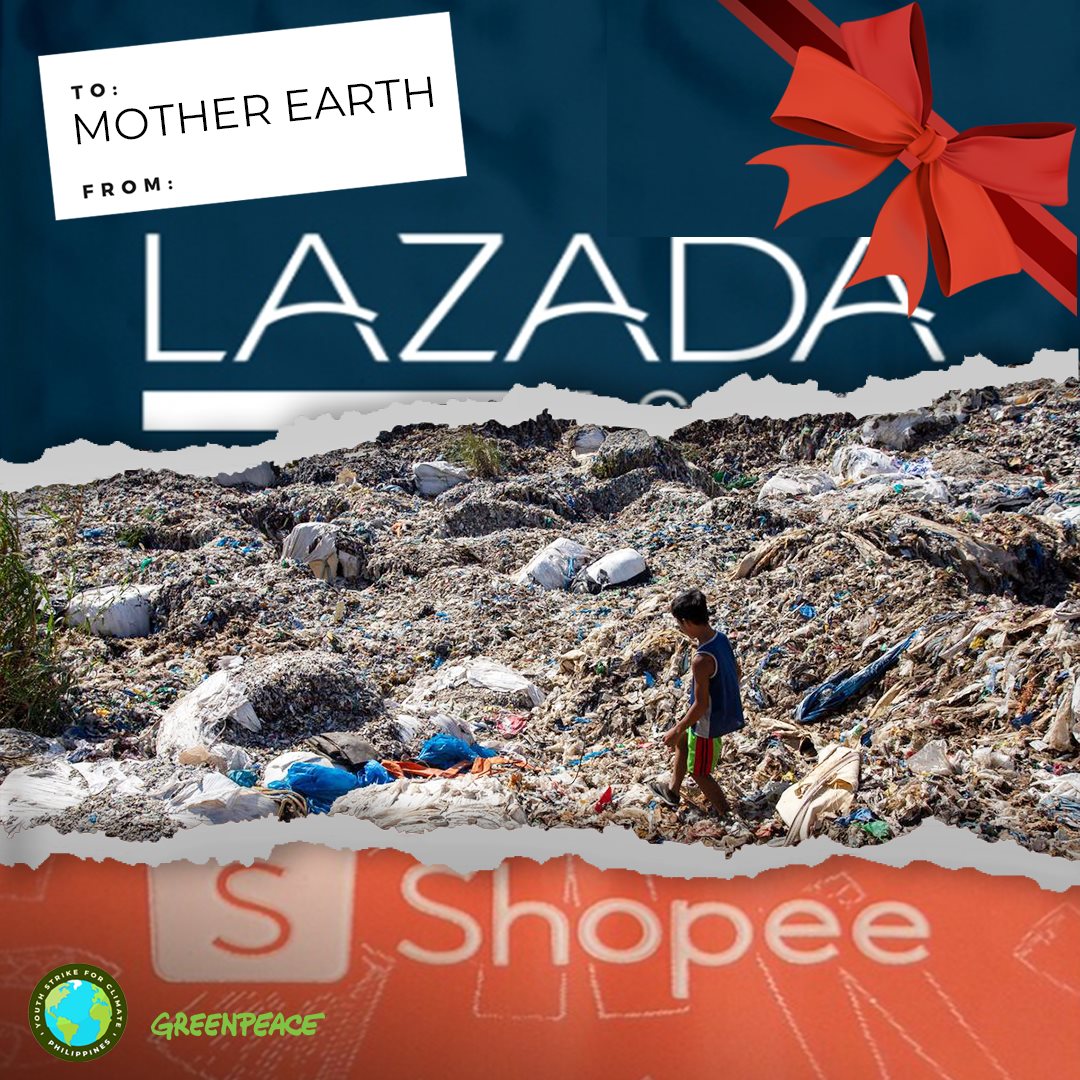
Perhaps the biggest environmental waste culprit every year, single-use plastics are everywhere during Christmas. But while it may seem difficult to break free from plastic completely at this stage, what we can do is greatly cut down on the use of single-use plastics. We can purchase plastic-free presents, reuse shopping bags, use disposable, biodegradable cutlery, cups, and straws, and support businesses that promote eco-friendly and sustainable practices.
Because of COVID-19, many of us have resorted to buying gifts online. While e-commerce stores like Lazada and Shopee are known for providing great services, they are also excessive when it comes to single-use plastics. In order to curb this practice, we invite everyone to support this petition to encourage these e-commerce stores and their vendors to reduce the use of single-use plastics.

